Back to Blog
E-Learning
Featured
Adaptive Learning Pathways for Healthcare Specialties
Explore how AI-powered adaptive learning pathways personalize medical education for different healthcare specialties.
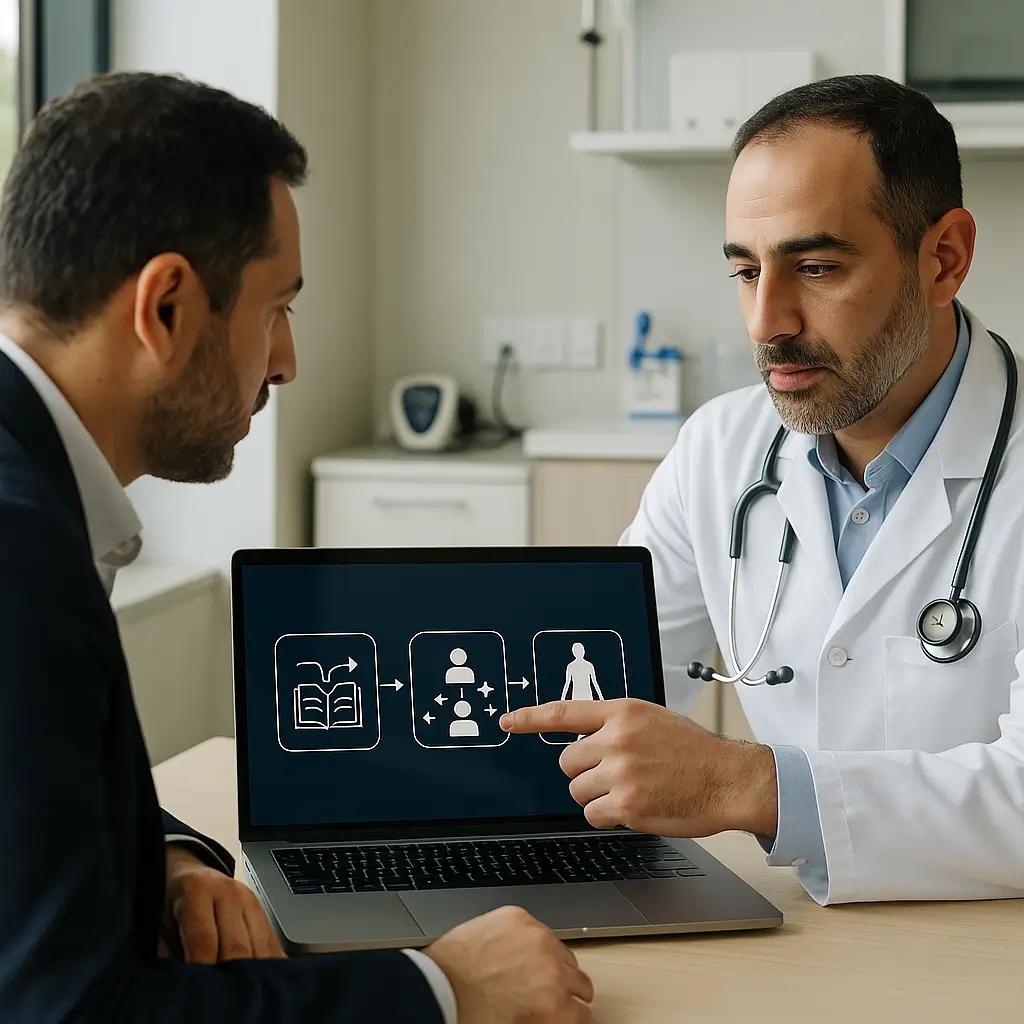
Adaptive Learning Pathways for Healthcare Specialties
Explore how AI-powered adaptive learning pathways are personalizing medical education across various healthcare specialties, ultimately optimizing learning outcomes through intelligent content delivery.
Specialty-Specific Learning Challenges
Healthcare specialties each present distinct challenges, requiring unique knowledge bases, skill sets, and learning approaches. By utilizing adaptive learning pathways, educational programs can effectively address these diverse needs through intelligent personalization tailored to individual specialties.
Adaptive Learning Framework
Specialty Customization
Adaptive learning pathways offer a framework that includes discipline-specific content curated for each medical specialty. This ensures that the educational material is aligned with competency mapping specific to specialty requirements. The learning experience is designed with progressive complexity, gradually building from basic concepts to advanced topics, while emphasizing clinical application to foster practical skill development.
Intelligent Adaptation
The framework also incorporates intelligent adaptation features that adjust learning based on performance. This includes modifications to the learning pace and content, identification of knowledge gaps for targeted remediation, and accommodation of various learning styles through diverse content formats. Furthermore, real-time feedback allows for immediate course corrections, enhancing the overall learning experience.
Implementation Across Specialties
Emergency Medicine
In the realm of emergency medicine, adaptive learning pathways focus on rapid decision-making through realistic scenarios and simulations. Learners benefit from protocol memorization techniques, such as spaced repetition, and are equipped with stress management strategies essential for high-pressure environments. Additionally, the development of multi-disciplinary coordination skills is emphasized to promote collaborative practice.
Surgery
Surgical education leverages adaptive learning by providing step-by-step procedural training complemented by visual aids. Anatomy reinforcement is achieved through 3D modeling, while scenario-based learning focuses on complication management. Technical skills are rigorously assessed through simulation, ensuring that learners are well-prepared for real-world surgical challenges.
Internal Medicine
For internal medicine, adaptive learning pathways enhance diagnostic reasoning through engaging case studies, facilitating the development of differential diagnosis pattern recognition. The curriculum includes training on chronic disease management and long-term care planning, as well as patient communication skills tailored for complex conditions, thus preparing learners for a comprehensive approach to patient care.
Technology Integration
AI-Powered Analytics
The integration of AI-powered analytics plays a crucial role in optimizing learning pathways. By recognizing learning patterns, these analytics inform pathway adjustments that enhance educational outcomes. Predictive modeling helps identify potential learning improvements, while competency prediction based on progress indicators enables timely interventions to maximize learning effectiveness.
Assessment Innovation
Innovative assessment methods are essential to the adaptive learning framework. Adaptive testing adjusts difficulty levels based on learner responses, ensuring a personalized evaluation experience. Competency-based evaluations focus on practical skills, while peer assessment fosters collaborative learning. Additionally, self-reflection tools encourage metacognitive development, empowering learners to take ownership of their educational journey.
In conclusion, adaptive learning pathways are revolutionizing medical education by providing personalized, specialty-specific learning experiences. These innovations optimize knowledge acquisition and skill development, ultimately enhancing the competency of healthcare professionals across various disciplines.


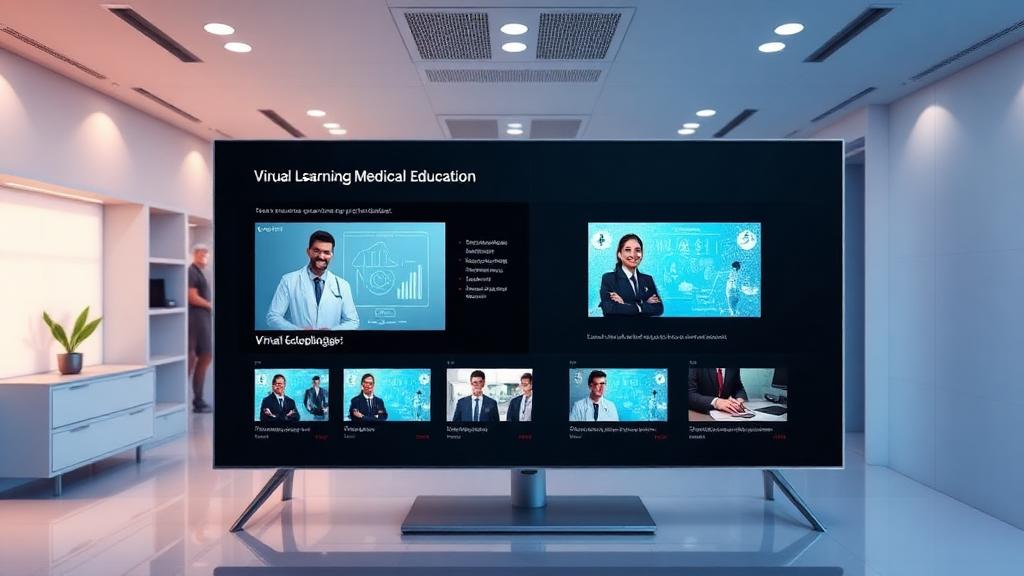
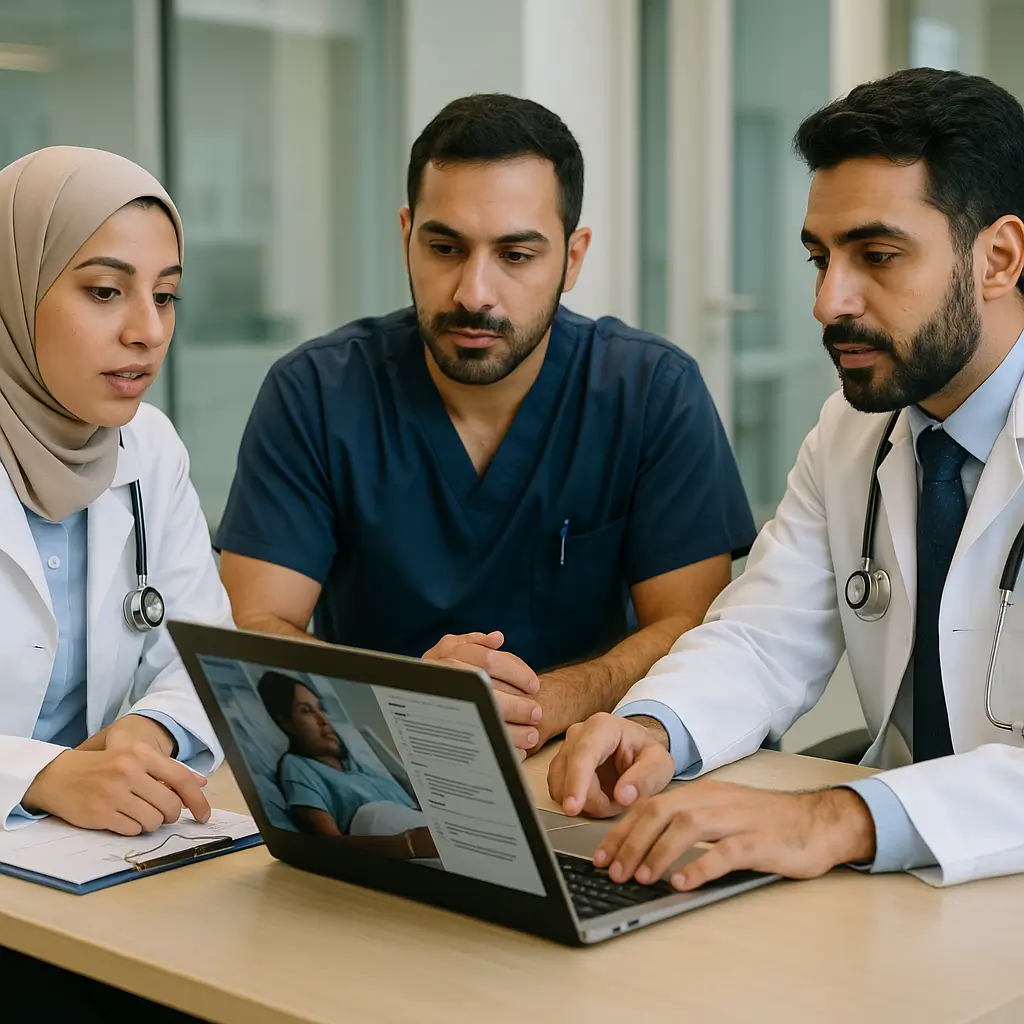
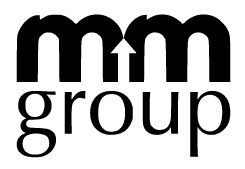
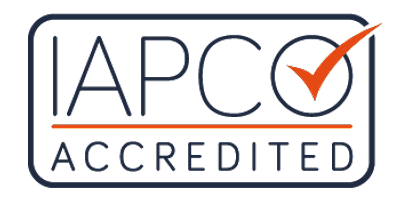

.jpg)